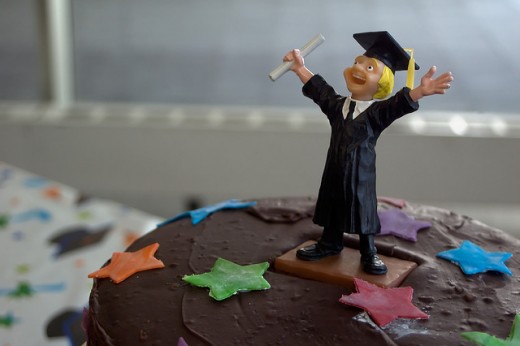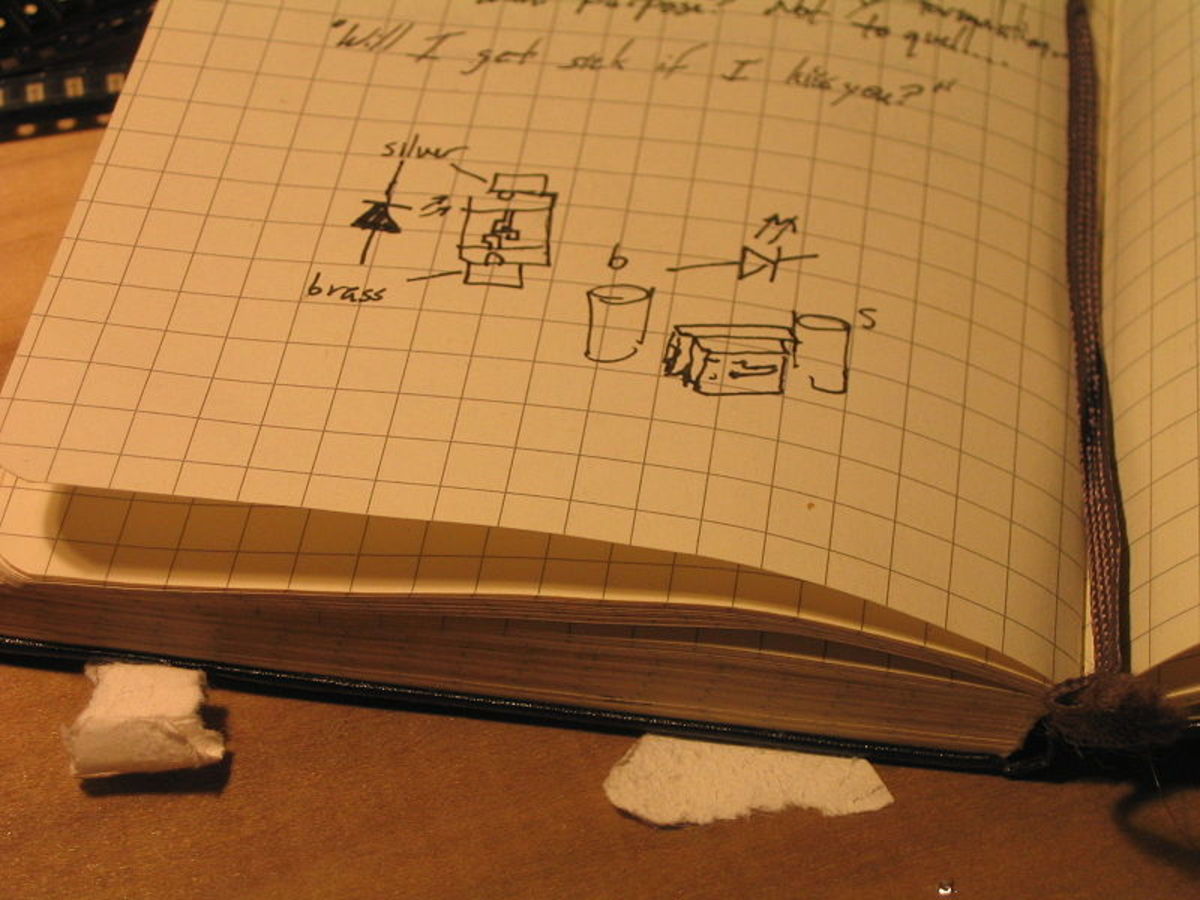The Primary Function of Education

It’s More Than Going Through the Motions
We all know that getting an education is a worthwhile pursuit.
However, many students don’t realize how important their education is when they are actually receiving it.
In many cases, students go through the motions because it is what is expected of them.
If they took a different approach to their education, students would probably get a lot more out of it.
Do you know what I mean?
If you asked people why students are required to graduate high school and are often encouraged to attend college, they would probably say that students go to school to learn the skills that they need to make money and fend for themselves as adults.
On the other hand, they might respond by saying that a formal education teaches students to be good citizens or even get more specific by saying that they learn to read, write and do arithmetic. Others might possibly say that a formal education teaches students how to learn and think critically.
However, I think that the more basic and dare I say undervalued reason for getting an education is that it gives us the tools that we need to communicate with each other. To put it another way, education gives us the skills needed to make sense of all the noise that we deal with in our everyday lives.
Think about it for a second, the world would be a pretty scary place if we didn’t know what the words that other people use mean.
Need proof?
Imagine for a second that you moved to a foreign country in which the citizens speak a language that you don’t understand. How long do you think you would last without an interpreter?
Communication Is Key
Most things in life require a basic knowledge of the vocabulary used in order to learn how to accomplish said task.
For example, before you can learn to use a computer, you need to know the basic lingo (e.g., files, icons, software, etc.)
That is why I’d argue that one of the most important reasons for getting an education is to learn how to communicate with others.
To make things more difficult, though, many occupations have their own unique vocabulary. In fact, the same word might have a different meaning to each person you meet based on their chosen profession or specific area of expertise.
While most professions require specific skills, without knowing how to communicate with colleagues, none of the rest would be possible.
Final Thoughts
In each course that students take, they are learning a vocabulary that will not only help them understand the world around them, but will also more importantly allow them to communicate with others.
If students keep this in mind when they attend classes, they might get a lot more out of their formal education.
I also want to point out that education doesn’t end when students receive their diploma.
As the world continues to evolve, it is going to be increasingly important for people to stay up-to-date on the current trends and even the changes in the vocabulary in their chosen profession.
This can be accomplished by attending classes, webinars, conferences, or by listening to podcasts. And, of course, reading books, articles, and blog posts from subject matter experts can also go a long way in helping people stay current.
The key is to never stop learning.
On a side note, the value of communication is a topic that I think a lot about. I guess this is not surprising, given my chosen profession. The words that you choose to use are very important in marketing.
If you are interested, you might want to read some of the other blog posts that I have written on this topic.
I would also suggest reading “Words That Work: It’s Not What You Say, It’s What People Hear” by Dr. Frank Luntz. This book might change the way that you look at communication. It might even change the way that you look at the world, in general.









